
Who says size matters in football? Some of the smallest nations on Earth have taken their dreams to the global stage, defying expectations in the FIFA World Cup. These countries may not dominate maps, but their passion for the beautiful game is massive. Let’s explore ten small nations that dared to compete with football’s giants.
Trinidad and Tobago
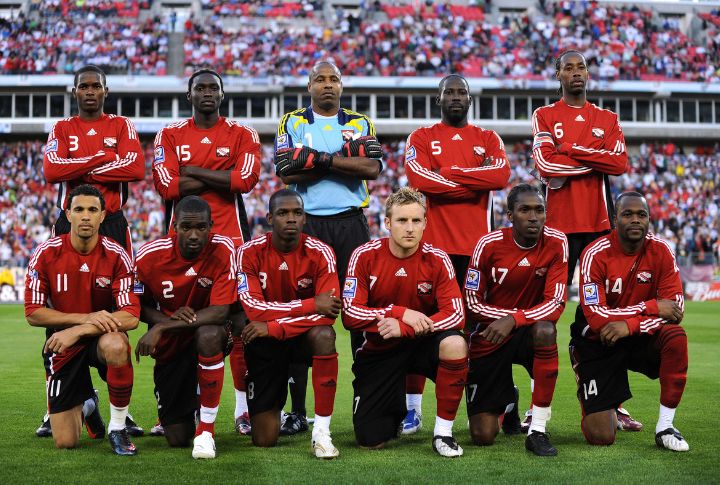
In 2006, Trinidad and Tobago entered the World Cup as one of the smallest nations ever to qualify. With just over a million citizens, the “Soca Warriors” faced tough competition but still held Sweden to a memorable draw. This Caribbean team brought excitement and pride to the global stage.
Panama
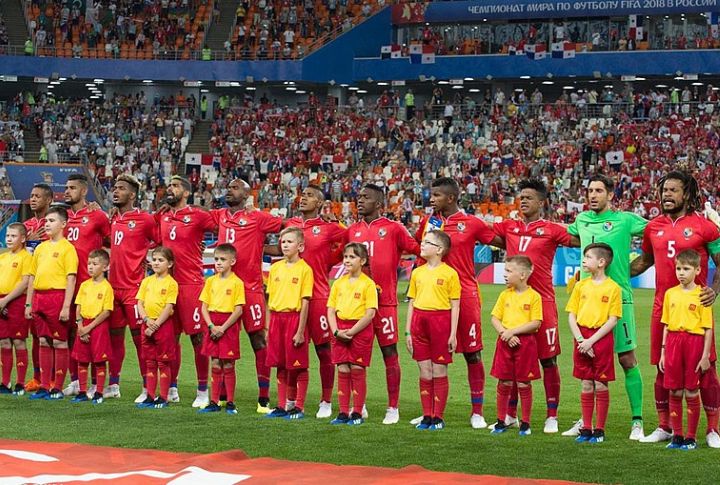
Panama’s World Cup journey began in 2018, where they showcased the kind of ambition that could rival football’s biggest stars. Their anthem reverberated through stadiums as they competed against the best. Though their tournament ended early, Panama’s fiery determination left fans inspired.
Slovenia
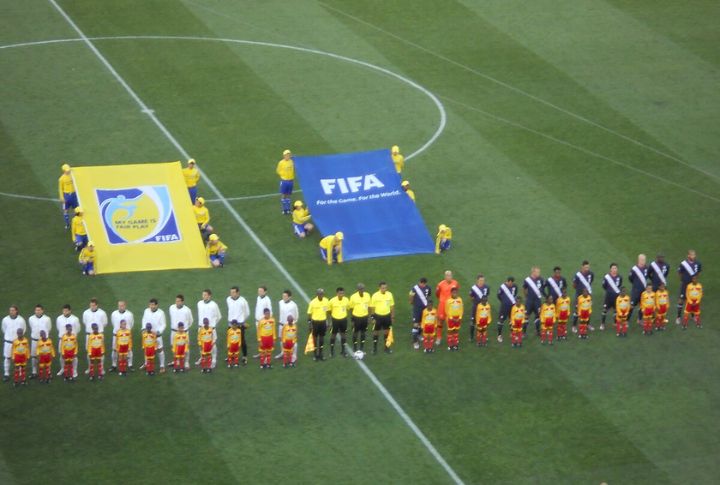
Slovenia’s 2002 and 2010 World Cup campaigns turned heads, proving that small nations can deliver big surprises. Representing just over 2 million people, they claimed a stunning victory against Algeria in 2010. Their talent and teamwork made them a standout competitor on football’s grandest stage.
Uruguay
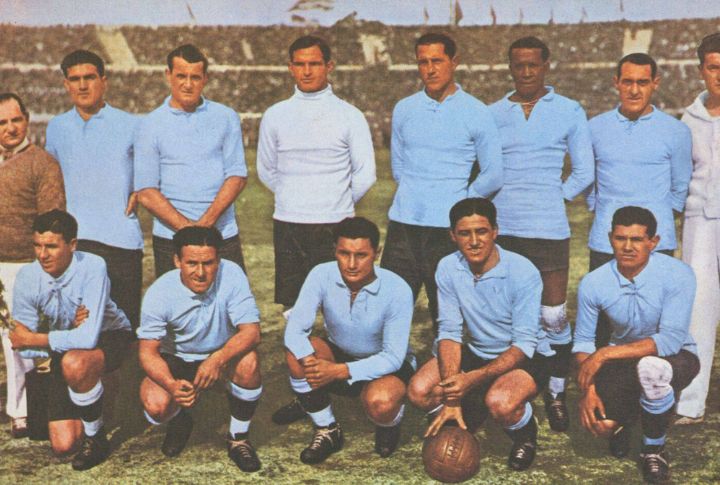
The country’s two World Cup titles in 1930 and 1950 cemented its legacy, but its small population size of just 3.4 million made these achievements extraordinary. Decades later, Uruguay’s continued presence among soccer’s elite showcases their undying love for the beautiful game.
Qatar

When Qatar hosted the 2022 World Cup, it also debuted as one of the smallest participants, with a population under 3 million people. Although their performance wasn’t stellar, Qatar’s role as host proved their commitment to the sport’s future and their growing ambition in global football.
Iceland

The smallest country ever to qualify for the World Cup, Iceland’s 2018 debut proved size doesn’t limit dreams. With fewer than 400,000 people, this Nordic underdog became a global sensation. Their unforgettable Viking clap echoed through stadiums, uniting fans and proving that even the tiniest teams can make a big impact.
South Korea
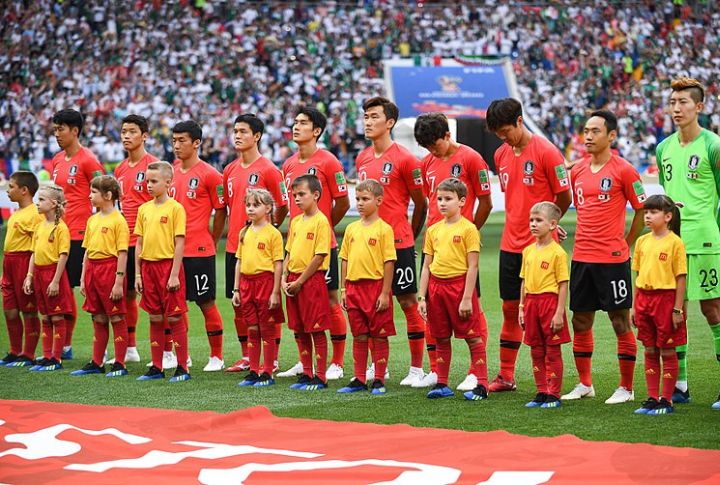
Despite its small land area, South Korea became a World Cup sensation in 2002 when it co-hosted the tournament and reached the semifinals. The 48 million-strong country set the global stage alight with its bold play and equally passionate fans. South Korea’s achievements show that determination can transcend any limitation.
Northern Ireland

The debut of Northern Ireland in 1958 gave their 1.9 million citizens a reason to believe in miracles on the field. Their heroic run included a shocking upset over Spain in 1982, solidifying their status as one of football’s most determined underdogs. Their legacy remains a highlight of World Cup history.
Haiti
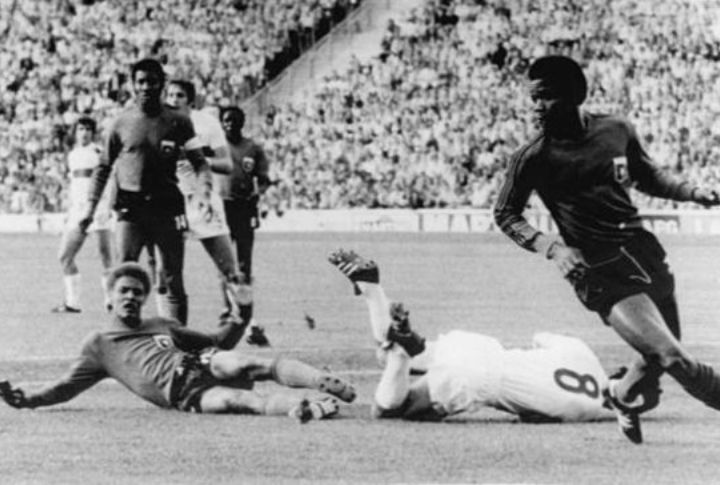
Next up is Haiti, a country that showed even small nations can make a big impact on the world stage with its remarkable 1974 World Cup journey. With a population of around 5 million, they scored an unforgettable goal against Italy, leaving audiences in awe of their resilience.
Jamaica

The “Reggae Boyz” brought an undeniable rhythm to the 1998 World Cup, energizing their 2.7 million supporters and capturing global admiration. Jamaica’s joyful approach to the game, combined with their flair, made them fan favorites. Their story continues to inspire small nations dreaming of global success.








